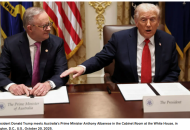The $350 billion investment fund for the United States, a key point of contention in follow-up negotiations between Seoul and Washington, has been met with criticism within as not being achievable.
The Wall Street Journal (WSJ) criticized the proposed $350 billion investment pledge from Korea — part of post-tariff negotiations under U.S. President Donald Trump — as “unrealistic,” calling into question both its feasibility and implications for U.S. governance.
In an editorial published on Tuesday, the WSJ wrote that Trump’s efforts to secure massive foreign investments through trade talks — including $350 billion from Korea and $550 billion from Japan — “raise serious questions about American governance and the power of the purse.”
Citing a memorandum of understanding (MOU) reportedly signed with Japan, the WSJ said that fulfilling such promises would be nearly impossible. The paper referred to an analysis by Andy Laperriere, head of policy research at Piper Sandler, who estimated that Japan would need to spend $183 billion annually until 2028 — equivalent to 4.4 percent of its GDP each year under Trump’s remaining three-year term.
For Korea, the $350 billion pledge would amount to 6.5 percent of the country’s GDP over the same period.
“[The investment commitment from Korea] is so large it’s unlikely to happen,” the WSJ wrote, pointing out that both Japan and Korea would be pledging amounts that are two to three times their annual defense budgets — 1.8 percent of GDP for Japan and 2.3 percent for Korea.
The editorial questioned where such funds would come from and emphasized that “Japanese and South Korean officials answer to voters and legislators.” In particular, the paper cast doubt on whether Japan — currently governed by a minority coalition — could meet the obligations of the MOU.
“There is no American precedent we can recall for giving hundreds of billions of dollars to the President to invest however he sees fit — and all with money raised by using arbitrary tariffs to coerce allies to ante up, or else,” the WSJ wrote, adding that if Democrats had proposed such a plan, “Republicans would be crying foul and holding hearings, and rightly so.”
The paper also criticized the potential for political influence and corruption in managing the funds, noting that Commerce Secretary Howard Lutnick and Treasury Secretary Scott Bessent — both close to Trump and the Republican Party — could face political pressure to channel investments toward allied firms.
This article was originally written in Korean and translated by a bilingual reporter with the help of generative AI tools. It was then edited by a native English-speaking editor. All AI-assisted translations are reviewed and refined by our newsroom.
































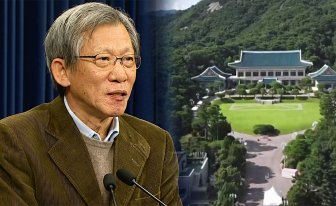




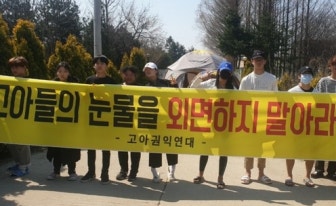



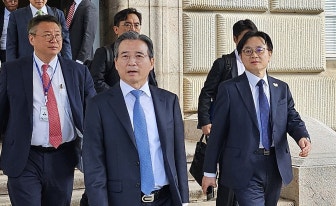

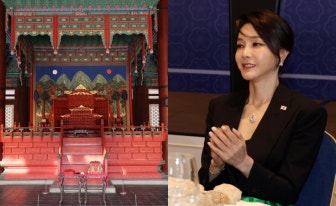

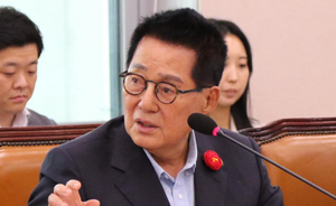


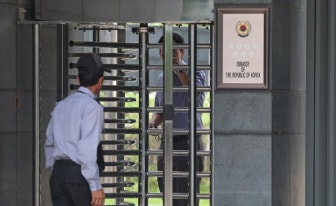
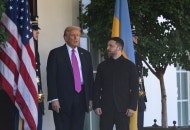

.png?type=nf190_130)



-_%EB%B3%B5%EC%82%AC%EB%B3%B8-%EB%B3%B5%EC%82%AC%EB%B3%B8.png?type=nf190_130)

